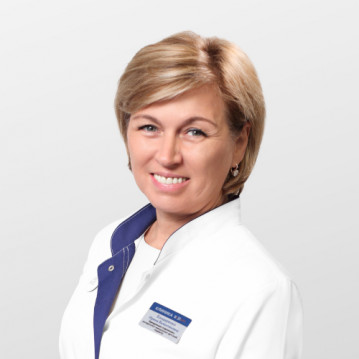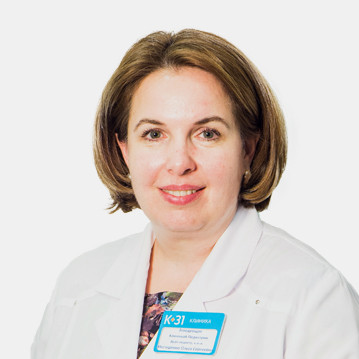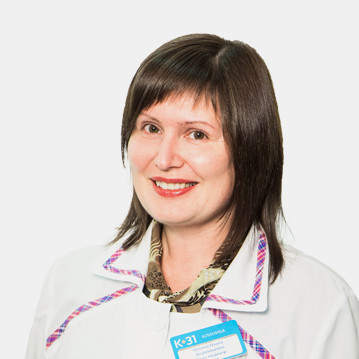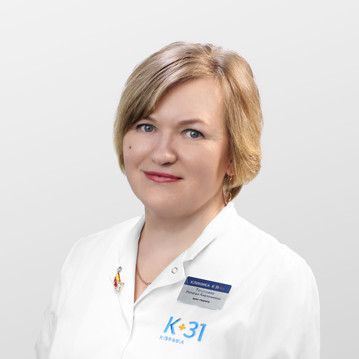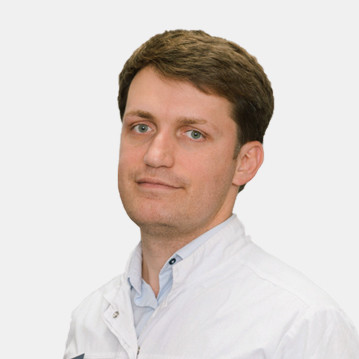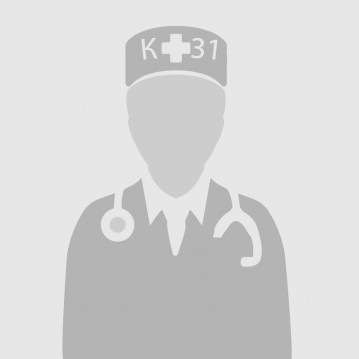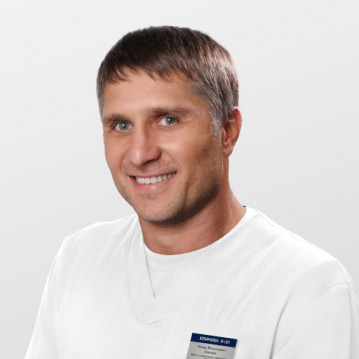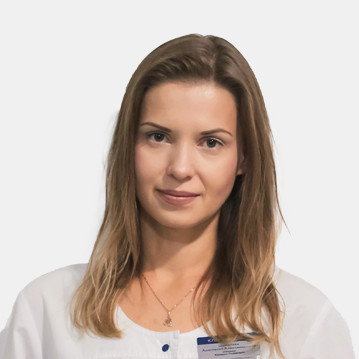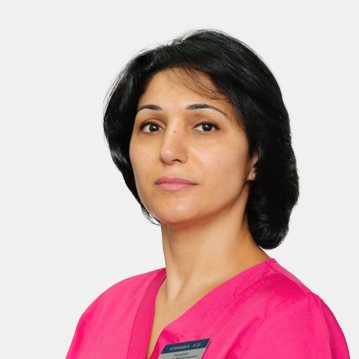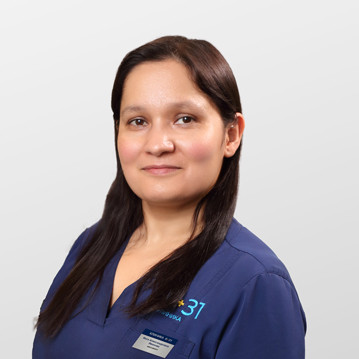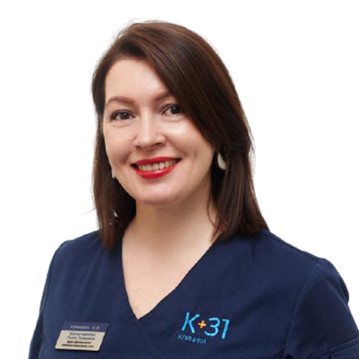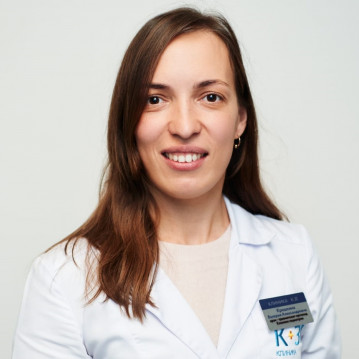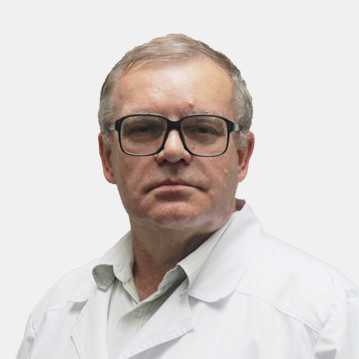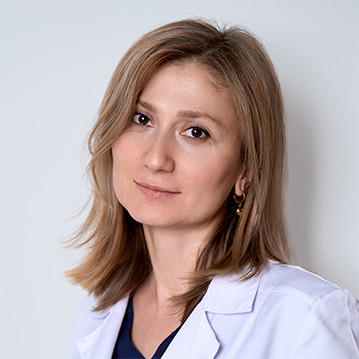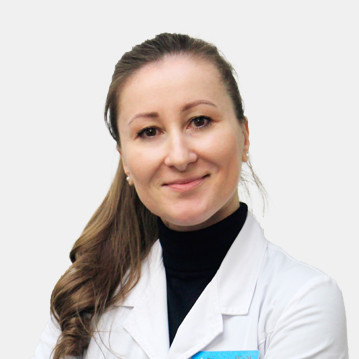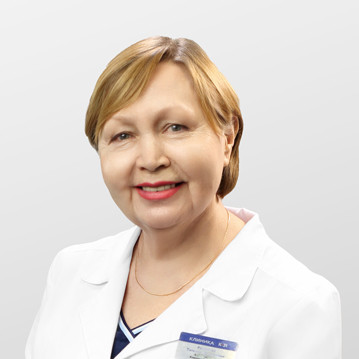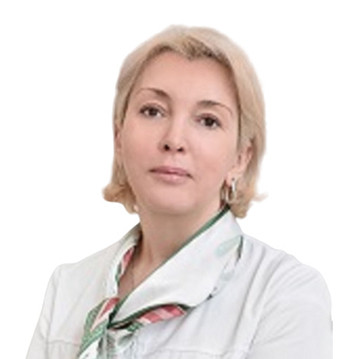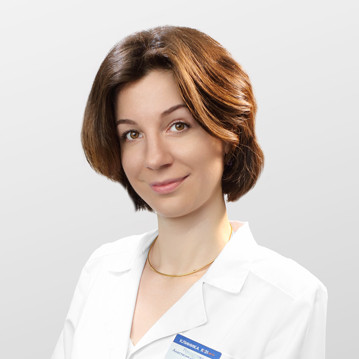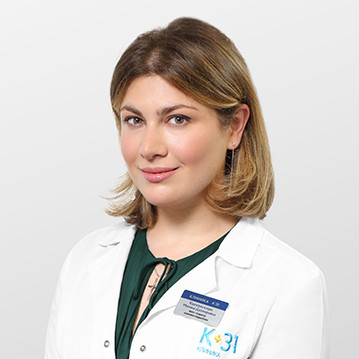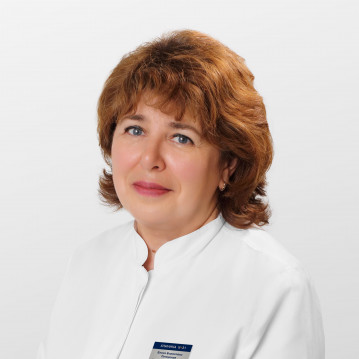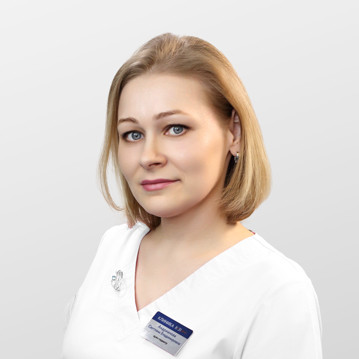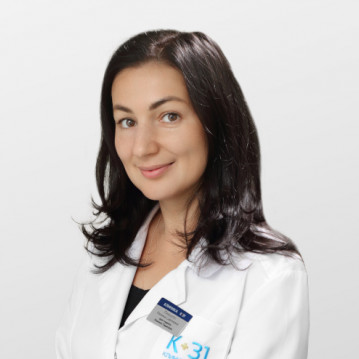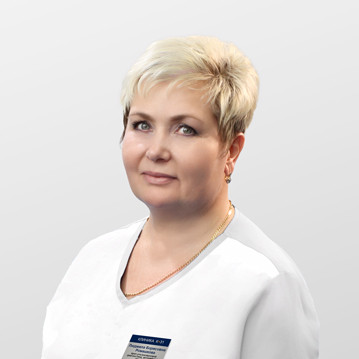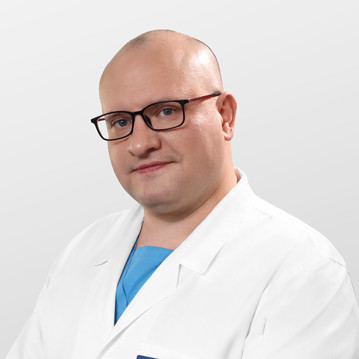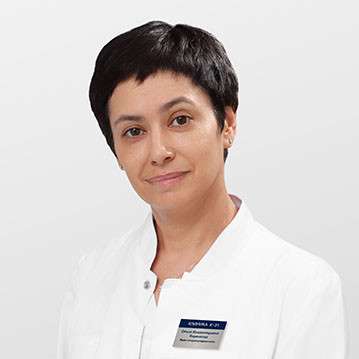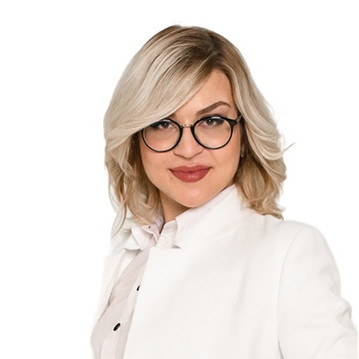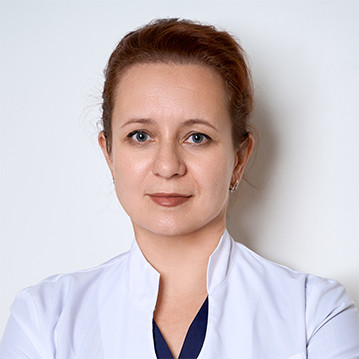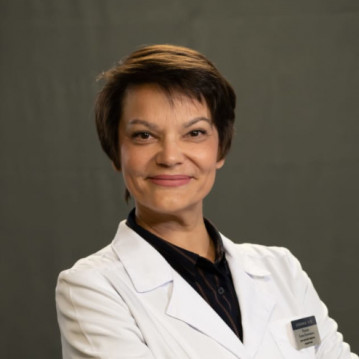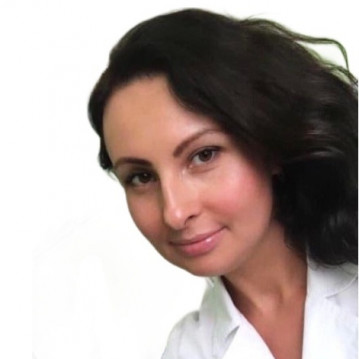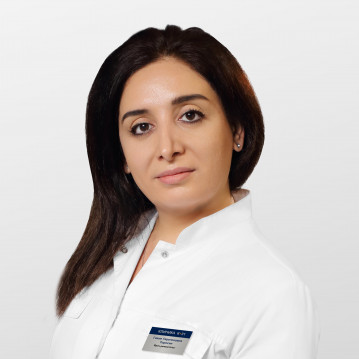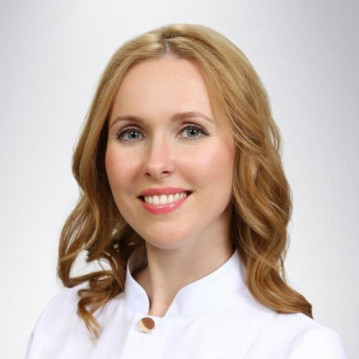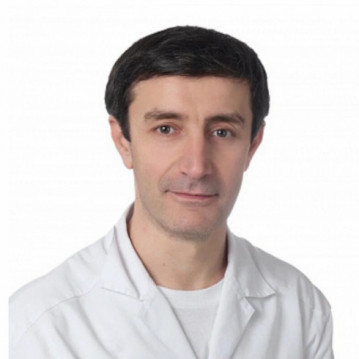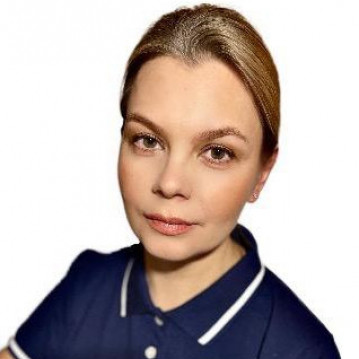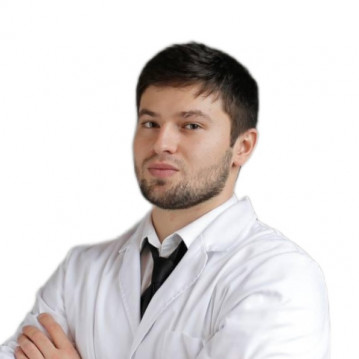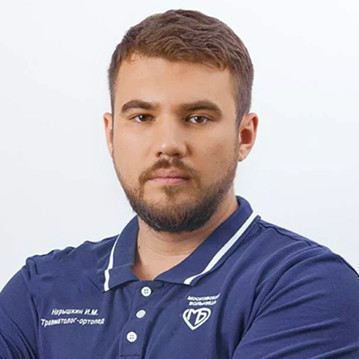
The full development of the child's body and its nervous system in particular is a very important and crucial moment for ensuring health and well-being in the future. The science of neurology deals with the study of the state and changes in the human nervous system. Any changes, even those which at first glance seem harmless can have serious consequences. Neurology has accumulated knowledge of the practical experience of treatment the most difficult diseases. The main thing is to contact a pediatric neurologist in a timely manner when the first signs of neuropathology occur.
Preventive examinations at the medical center are indicated not only for congenital neurological diseases, but also in the case of complete well-being in order to timely identify hidden pathologies and risks for the development of certain neurological diseases and conditions. The frequency of such observation is set individually, but at least once a year (the first 12 months - more often).
Close cooperation with a neuropathologist-pediatrician should be during the periods of rehabilitation of a child after receiving a traumatic brain injury. The implementation of all medical prescriptions and recommendations will most likely lead to a complete restoration of brain activity without consequences.
What diseases does a pediatric neurologist specialize in
A pediatric neurologist provides assistance to children diagnosed with:
- Infantile cerebral palsy (CP).
- Epilepsy.
- Vegetative-vascular dystonia.
- Neuropsychiatric or physical instability (asthenia).
- Attention deficit disorder.
- Hyperactivity.
- Neurosis
- Neuralgia.
The list is not complete. It is worth contacting the center of child neurology if there are violations in the coordination of movements, obvious lesions of the central nervous system of the child. The family doctor sends for a consultation with a pediatric neurologist to confirm or refute the preliminary diagnosis.
If a child has the first cases of epilepsy attacks, it is recommended to visit a highly specialized specialist - a neurologist-epileptologist. The child's brain is sensitive to any external influence. Birth trauma and infectious diseases can trigger the development of the disease.
The most common reason for visiting a pediatric neurologist is vegetative-vascular dystonia (VVD), which has distinctive features in the form of:
- Faint.
- Emotional lability (mood swings, hysteria, tearfulness).
- Instability of blood pressure (its significant increase during physical exertion or psycho-emotional stress - up to 150-170 mm Hg and a significant drop during periods of rest - up to 90-80 mm Hg systolic).
- Bouts of general weakness.
- Headache attacks.
In children, the spectrum of neurological diseases is somewhat different from that in adults and may be accompanied by other symptoms than in a developed nervous system. Only a qualified doctor will be able to understand the intricacies of the developing system and determine the need for its correction. The last point is extremely important, since interventions are not always justified (some conditions disappear without a trace with age), and vice versa, sometimes treatment should be started immediately.

